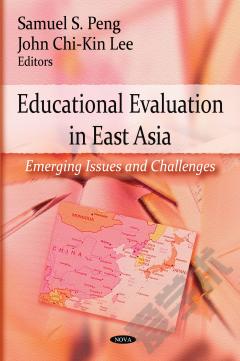Educational Evaluation in East Asia: Emerging Issues and Challenges
Educational evaluation has been used as inquiry and judgment methods in order to optimize the evaluation object in relation to its intended purposes or to help stakeholders determine whether the evaluation object is worthy of adoption, continuation, or expansion. Therefore, educational evaluation is of vital importance to sustainable development for the education system and it is not amazing that nowadays its function and its territory have been remarkably redefined and enlarged -- ranging from the evaluation of student achievement, evaluation of institutions, evaluation of and organization to the evaluation of pedagogic modes. In addition, increasing autonomy of social actors and local structures reaches it balance in the development of evaluation dispositions. Educational evaluation is no longer a simple look at the mirror, a vain exercise. It reveals a shift from an "evaluation for the sake of evaluation" perspective to an innovative "evaluation for evolution" perspective.The editors and the authors of this volume are researchers and practitioners of educational evaluation who are well-known experts from the region in their own countries.
{{comment.content}}








 京公网安备 11010802027623号
京公网安备 11010802027623号